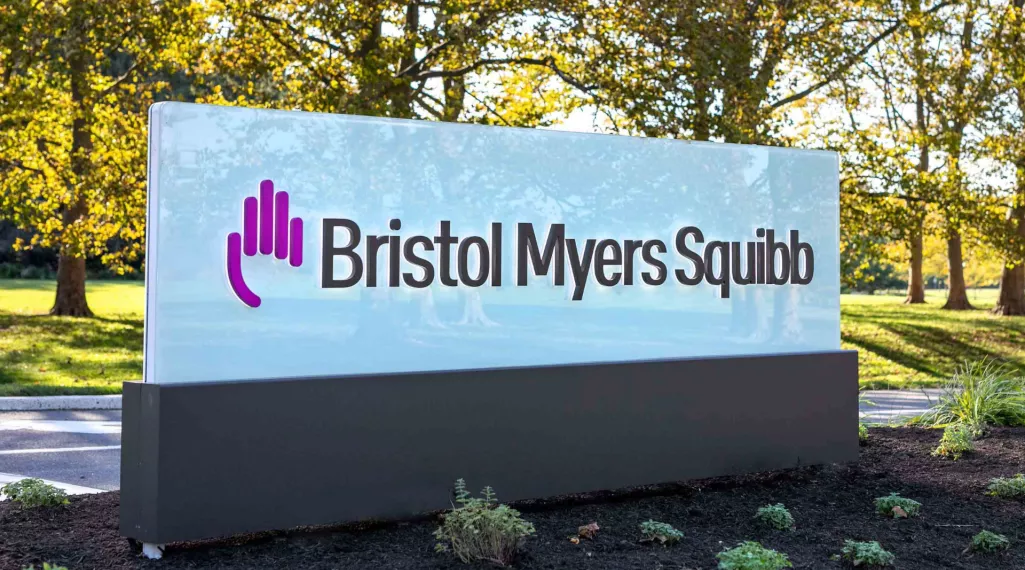
Krazati approved for previously treated KRASG12C colorectal cancer

The U.S. Food and Drug Administration has granted accelerated approval for Krazati (adagrasib) in combination with cetuximab as a targeted treatment option for adult patients with KRASG12C-mutated locally advanced or metastatic colorectal cancer (CRC) who have received prior treatment with fluoropyrimidine-, oxaliplatin-, and irinotecan-based chemotherapy, according to manufacturer Bristol Myers Squibb.
Krazati has been an approved treatment option for non-small cell lung cancer since 2022. Its accelerated approval to treat colorectal cancer comes after promising results in a clinical study where Krazati, in combination with cetuximab, showed an objective response rate of 34% in pretreated patients. Continued approval for use with colorectal cancer may depend on confirming clinical benefits in a follow-up trial.
CRC with a KRASG12C mutation has historically been challenging to treat, according to Rona Yaeger, MD, Gastrointestinal Oncologist and Early Drug Development Specialist at Memorial Sloan Kettering Cancer Center. KRAS is a gene that often changes in cancer, helping it grow in about half of colorectal cancer (CRC) patients. The KRASG12C mutation is a specific change in this gene that happens in about 3-4% of CRC cases.
“The accelerated approval of Krazati for KRASG12C mutations is an important moment for patients whose tumors did not respond well to previous therapies and are seeking another treatment option,” said Michael Sapienza, CEO of the Colorectal Cancer Alliance. “We look forward to seeing the life-saving impact of this indication, as well as the results of further evaluation.”
For more information, visit Bistol Myers Squibb.
Top resources

Bringing biomarker testing within reach: CLEAR for CRC to empower patients from day one
Biomarker testing can guide colorectal cancer treatment and improve outcomes. Learn how CLEAR for CRC is helping patients access this critical tool.

John E.: Biomarker testing uncovered a pivotal treatment option
After a grim prognosis, biomarker testing revealed a targeted treatment option for John E. Learn how knowing your biomarkers can change what’s possible.

"Clinical trials gave us time": A daughter’s tribute to her mother’s courage
When Kate Shin’s mother faced rectal cancer, clinical trials gave them precious time together. Now, Kate shares her story to encourage access to screening and innovative care, including clinical trials.





